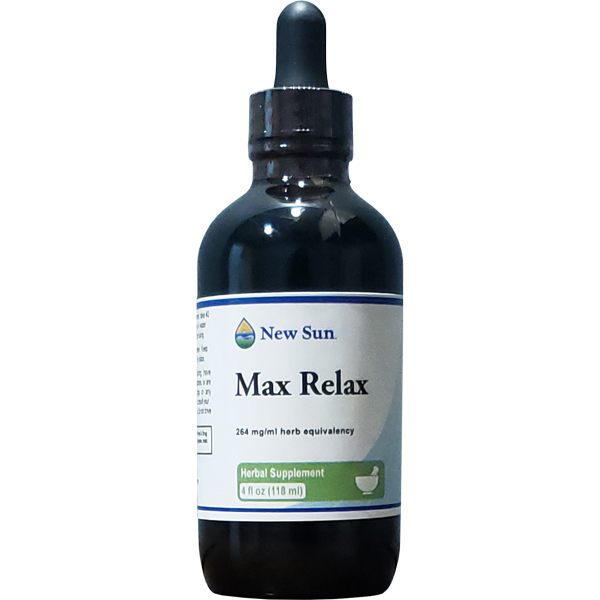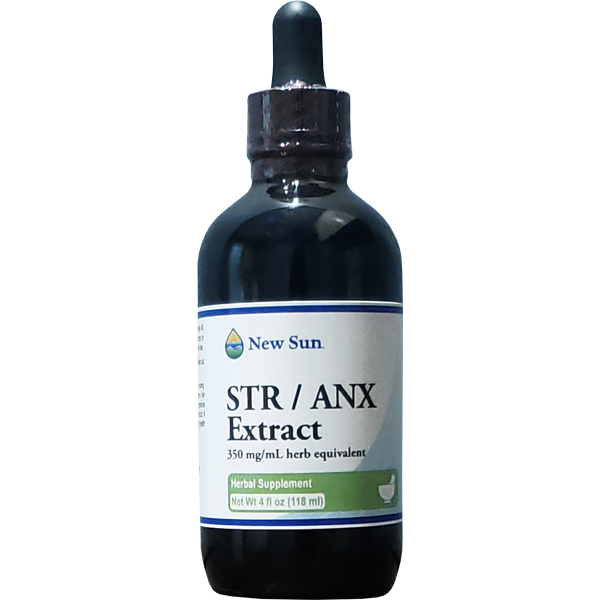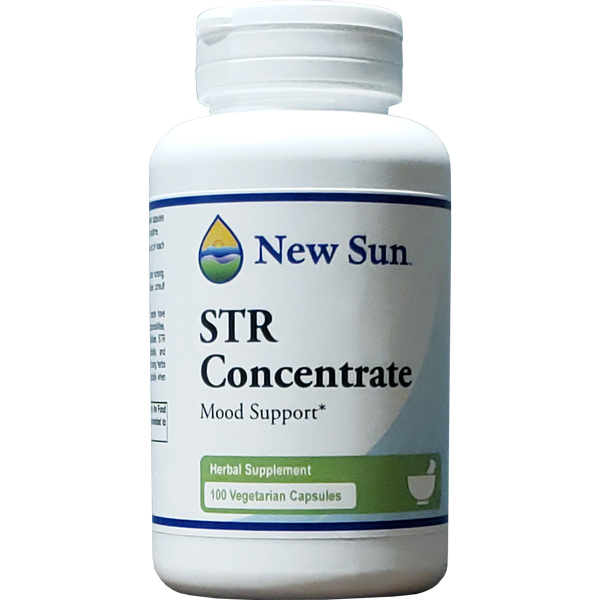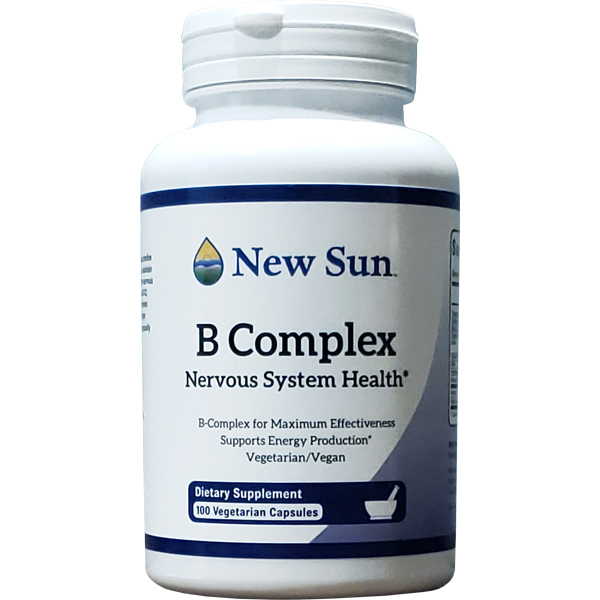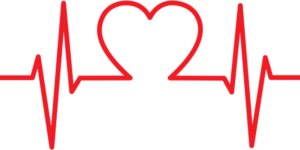 Your cardiovascular system works hard to make sure every part of you is functioning properly. When your cardiovascular system is working well, your body is getting the vital nutrients and oxygen it needs to survive. But when things go awry, waste can quickly build up in your body, causing long-term health conditions or even death. Here’s everything you need to know about your cardiovascular system and how you can keep it functioning at its best!
Your cardiovascular system works hard to make sure every part of you is functioning properly. When your cardiovascular system is working well, your body is getting the vital nutrients and oxygen it needs to survive. But when things go awry, waste can quickly build up in your body, causing long-term health conditions or even death. Here’s everything you need to know about your cardiovascular system and how you can keep it functioning at its best!
Your Cardiovascular System: The Basics
Your cardiovascular system is made up of four main components: your heart, your arteries, your veins, and your capillaries. Each of these has a very important role to play in distributing nutrients, blood, and oxygen through your body, as well as helping your body rid itself of waste.
Your heart is a fist-sized, four-chambered organ that contains three layers of tissue, the aorta, and coronary arteries. The heart works continually, usually beating about 60 – 100 times per minute. Each pump distributes nutrients and oxygen through your blood vessels. Your heart also helps carry away carbon dioxide and other waste. It employs your arteries, veins, and capillaries to do these tasks.
Arteries have the important job of carrying oxygen and nutrients away from your heart to your body’s tissues.
Veins take oxygen-poor blood back to the heart, where the blood is oxygenated and sent back out through the body.
Capillaries are small, thin blood vessels that connect all the veins and arteries, allowing oxygen, nutrients, carbon dioxide, and waste products to pass to and from the tissue cells.
Here’s a fun fact: If you were to lay out your entire circulatory system, you would have an astonishing 60,000 mile network, which is enough to circle the planet more than twice!
The Importance of Heart and Cardiovascular Health
Both unhealthy lifestyle habits and unlucky genetics contribute to heart disease. Heart disease is the number one cause of death in the US — in 2019, it claimed the lives of 659,041 people, which was more than cancer.
Heart disease isn’t just hard on your cardiovascular health; when you have heart issues, it affects every other system in your body.
While we can’t control our genetics, we can practice healthy habits that could help prevent heart disease or lessen its risk if we have a congenital condition. If you get regular exercise, eat healthy, nutritious foods, and manage stress well, you’re going a long way to helping your heart stay healthy.
The top three contributing factors to developing heart disease are high cholesterol, high blood pressure, and smoking. Here’s what you can do about each of these.
 High Cholesterol
High Cholesterol
High cholesterol is often called the “silent killer,” since it doesn’t have noticeable symptoms and is usually only detected during regular blood screenings. Cholesterol is a waxy substance found in your blood. Not all cholesterol is bad, however, and your body does need some in order to build healthy cells. But high levels of it can increase your chance of heart disease, heart attacks, and strokes.
When someone has high cholesterol, they develop fatty deposits in their blood vessels. Eventually these deposits grow, which can make it difficult for enough blood to run through their arteries, often leading to heart attacks and strokes.
Many people who have high cholesterol may be predisposed to it, but more often than not it is the result of unhealthy lifestyle choices, such as a diet filled with processed and fried foods, not getting enough exercise, or not taking medication to treat it regularly.
In addition to a healthy diet and regular exercise, you should consider taking a natural supplement to help reduce or prevent cholesterol, such as Advanced Cholesterol Support. It’s formulated with herbs such as Jiao Gu Lan, which acts as an antioxidant and could have the ability to help regulate body systems, particularly the cardiovascular and hormonal systems. It can also help promote healthy cholesterol (HDL) while reducing bad cholesterol (LDL).
 High Blood Pressure
High Blood Pressure
High Blood Pressure, or hypertension, occurs when your blood pressure is consistently above 120/80.
Systolic pressure (the top number) can be a better indicator of possible cardiovascular disease. It indicates how much pressure your blood is exerting against your artery walls when your heart beats. It usually rises steadily with age due to increasing stiffness of larger arteries, long term buildup of plaque, and increased incidence of cardiac and/or vascular disease.
Diastolic pressure (the bottom number) indicates how much pressure your blood is exerting against your artery walls while the heart rests between beats.
Feeling anxious, angry, or stressed results in acute high blood pressure, which happens when these feelings cause a temporary spike. Your blood pressure then returns to normal after the stressful event or feeling has passed.
Chronic high blood pressure occurs when your blood pressure remains high on a consistent basis.
We recommend Heart Protectors with EDTA to support your heart’s health, including helping to maintain a healthy blood pressure. Heart Protectors is formulated with herbs and malic acid, which can help reduce plaque buildup and offers protection from blood clots. It also helps to reduce cardiac stress and chest pains. The quick-dissolve capsules allow for fast absorption into the bloodstream.
 Smoking
Smoking
We’ll make this short and sweet: if you smoke, it’s important that you stop. Your very life depends on it! When you smoke, you inhale carbon monoxide, which decreases the amount of oxygen that is carried to your blood cells and increases the amount of cholesterol in your arteries, causing them to harden. You’re also inhaling nicotine, which raises your blood pressure and narrows your arteries.
It can be hard to stop smoking, but quitting smoking is one of the best and most controllable ways to keep your cardiovascular system healthy.
 A Word About Stress
A Word About Stress
One of the worst things for your heart and cardiovascular system is stress.
Some stress is good, as it alerts you to stay away from situations that are potentially harmful, but chronic stress and anxiety can keep your blood pressure high, as well as making the rest of your system feel run down. Stress can cause lack of sleep, decreased immune system response, memory problems, and more.
One way to protect your heart is to try to find healthy ways to manage your stress levels. Essential oils can play a part in managing stress.
Rosemary Essential Oil may help relieve stress and anxiety and have been shown to help lower pulse rate. Your pulse rate is directly affected by stress — it rises when your heart beats faster due to adrenaline. But a recent study found that when students who were about to take a big exam inhaled rosemary, their pulses dropped by 9%!
If you have questions about all-natural supplements and essential oils that can support your heart health, reduce stress, and aid in quitting smoking, call us. We can recommend products and practices that will help you start or maintain a healthy lifestyle — naturally!
NOTE: These statements have not been evaluated by the FDA and should not be used in place of medical advice from a trained medical professional. If you have any of the above conditions or have mental health concerns, please consult with your doctor to ensure you receive the proper treatment. Talk with your doctor to make sure that these supplements are safe for you to use and any medical inquiries should be directed to your doctor.

